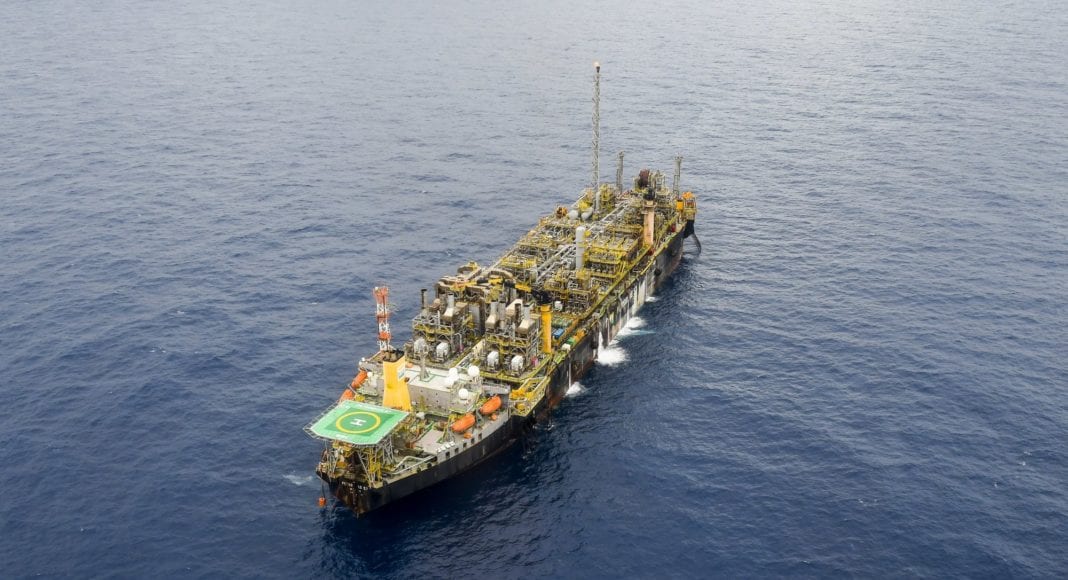Brazil’s National Petroleum Agency (ANP) issued new rules and procedures on Monday for deactivating mature oil and natural gas fields that should result in about $5 billion in investments over the next five years as Latin America’s biggest producer shutters legacy assets amid the dramatic economic downturn caused by the coronavirus pandemic, S&P Global said in a report.
The measures represent “a benchmark for the industry, with the modernization and simplification of procedures will create new business opportunities and more investment in the country,” the ANP said in a statement.
According to S&P Global, the latest ANP resolution concludes the series of reform measures started in 2016, when the Workers’ Party, or PT, which favored a state-led model for development of Brazil’s natural resources, was ousted from power. Brazil implemented reforms that opened the country’s oil industry to greater participation from international oil companies, including allowing companies to operate subsalt fields sold under production-sharing contracts, reducing requirements to use locally produced goods and services in exploration and production development and returning to a regular schedule of annual licensing sales, bid rounds and production-sharing auctions.
The moves resulted in record-setting signing bonuses and profit-oil guarantees since 2017, when the current slate of two to three yearly auctions was established.
S&P Global said despite the reform efforts, Brazil still needed to establish better rules and procedures for oil-field abandonment. Most of the measures implemented with the oil regime established in 1997 that ended state-led oil company Petrobras’ monopoly were considered obsolete. The issue started to crop up more frequently in recent years amid greater sales and farm-in deals, with some of the transfers delayed because of remaining decommissioning liabilities and the need for antiquated financial guarantees related to abandonment.
Timing also started to create issues, with Petrobras facing the expiration of concession contracts for many of the producing fields and exploration areas the company was granted in Brazil’s so-called Round 0 and the country’s first bid rounds held in the early 2000s. During Round 0, Petrobras was able to select and keep fields and acreage the company considered strategic.
Decommissioning and abandonment of the ageing production assets should create about $5 billion in new investments over the next five years, the ANP said.
In addition, the ANP forced Petrobras to either issue new development plans for older fields, that included investments aimed at boosting output, sell the fields or return them to the ANP for inclusion in the regulator’s Open Acreage program. Petrobras must complete the process by the end of 2020, according to the ANP.
The new rules should also help in the transfer of the older fields to new players that aim to revitalize output and boost recovery rates, according to the ANP. The resolution allows the ANP to include fields that are in the process of being returned to the regulator or already have decommissioning and abandonment plans approved to include the areas in the Open Acreage program at least 24 months before the expected date of final production. That will help ease the transition between operators without interrupting output, the ANP said.
The ANP also attempted to streamline administrative bureaucracy related to abandonment, standardizing procedures between the regulator, federal environment regulator IBAMA and the Brazilian Navy, the ANP said. That will allow companies to file a single abandonment and decommissioning plan rather than separate plans with all three entities, creating “greater judicial security and speed to the process,” the ANP said.
S&P Global




